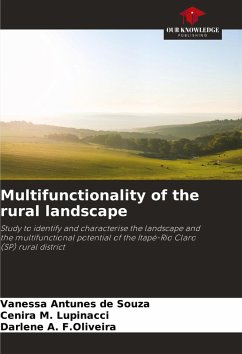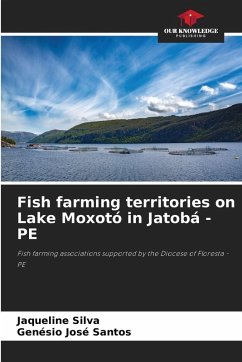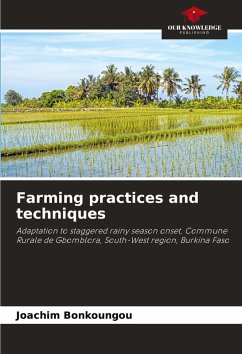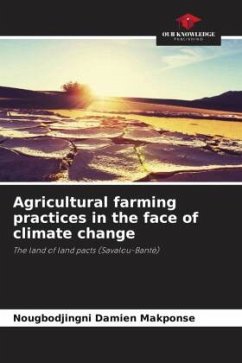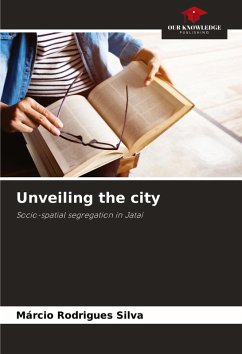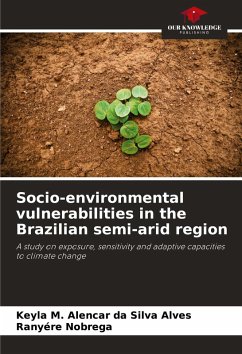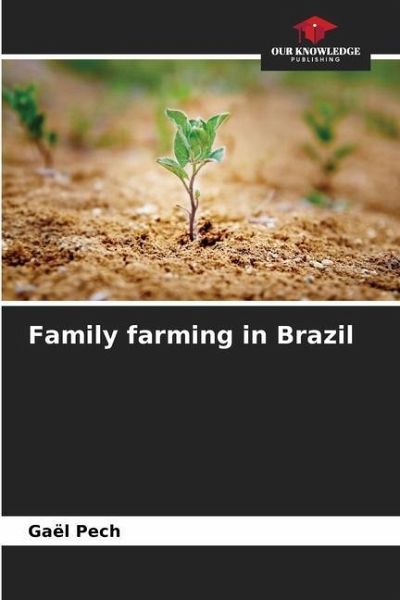
Family farming in Brazil
Versandkostenfrei!
Versandfertig in 6-10 Tagen
27,99 €
inkl. MwSt.

PAYBACK Punkte
14 °P sammeln!
Agriculture is a key lever for Brazil's economic development. The agro-industrial sector is expanding rapidly, ensuring large-scale agricultural production that enables the country to remain competitive on the world market. At the same time, however, there is an aspect to consider: agriculture is not necessarily subject to the laws of the market. It is by accepting this reality that one realises that an alternative exists to agricultural entrepreneurship. An essentially subsistence peasant agriculture that has always existed. It is in this context that this study seeks to understand the mechan...
Agriculture is a key lever for Brazil's economic development. The agro-industrial sector is expanding rapidly, ensuring large-scale agricultural production that enables the country to remain competitive on the world market. At the same time, however, there is an aspect to consider: agriculture is not necessarily subject to the laws of the market. It is by accepting this reality that one realises that an alternative exists to agricultural entrepreneurship. An essentially subsistence peasant agriculture that has always existed. It is in this context that this study seeks to understand the mechanisms at work and their impacts. In order to understand the components of this category, we will first retrace the context of its emergence. We will then compare two forms of family organisation. The aim will be to highlight the elements of reflection useful to this study in order to demonstrate the complexity of family farming in Brazil. Finally, a last part will be the object of a research work based on the concept of the multifunctionality of family farming.



